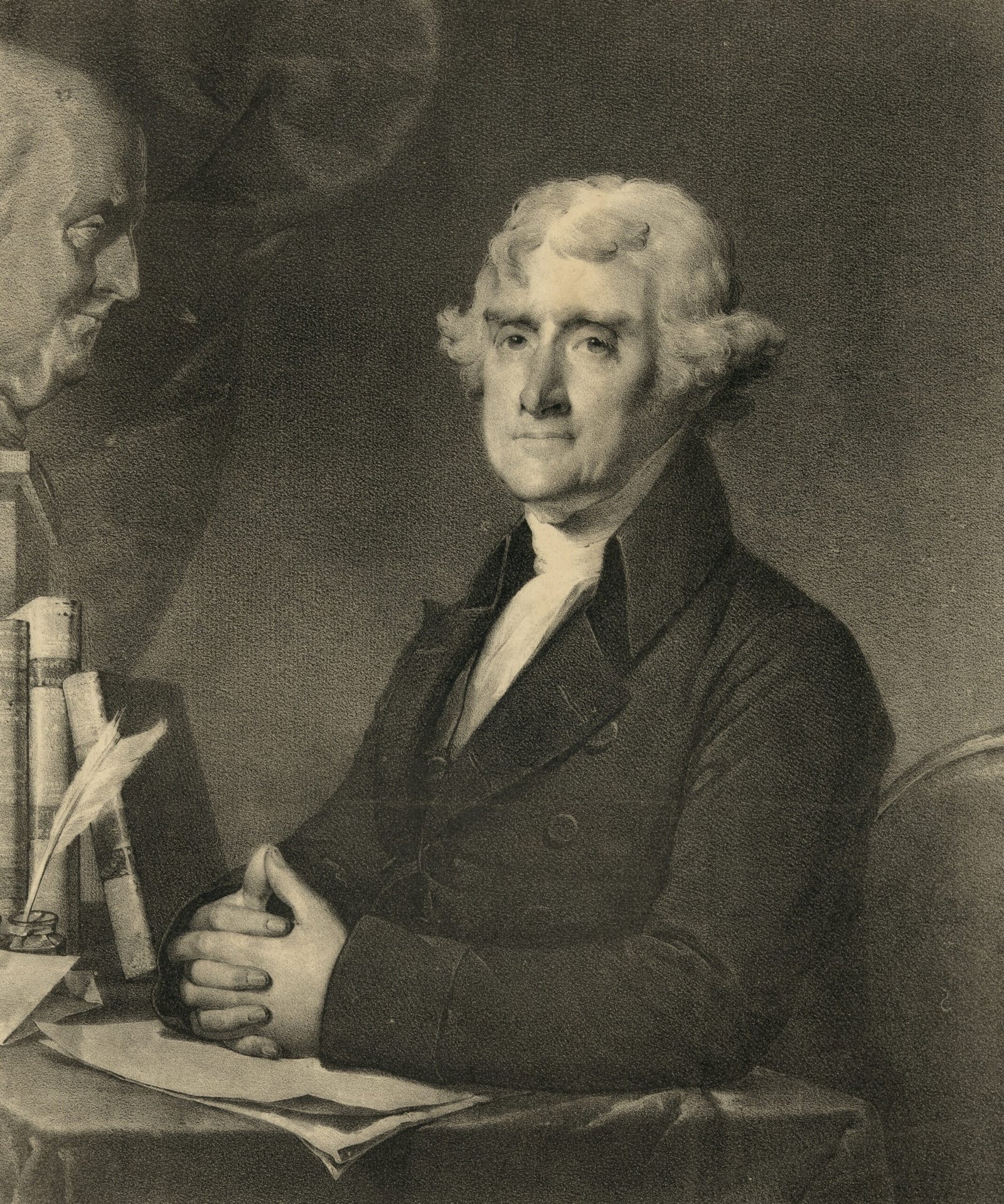Introduction to the PLO and Its Mission
The Palestine Liberation Organization (PLO) was established in 1964, a pivotal development aimed at unifying the Palestinian people and asserting their national identity. Over the decades, the PLO has evolved into a significant entity in the context of Palestinian politics, advocating for the rights of Palestinians and Hamas. Initially formed under the auspices of the Arab League, the PLO’s mission encompasses the liberation of Palestine and the establishment of a sovereign Palestinian state. It represents diverse Palestinian factions, with the Palestine National Council acting as its legislative body.
The primary objectives of the PLO include the realization of Palestinian self-determination, the protection of Palestinian rights, and the mobilization of international support for the Palestinian cause. This organization seeks to address various socio-political concerns affecting Palestinians within both occupied territories, including Gaza, and the diaspora. The PLO has played a crucial role in negotiating peace with Israel, emphasizing negotiation as a means to achieve Palestinian aspirations while maintaining the Palestinians’ legitimate rights. However, its long-standing efforts have encountered significant challenges and fluctuating political dynamics.
The PLO’s Political and Diplomatic Advocacy
The Palestine Liberation Organization (PLO) has played a pivotal role in advocating for Palestinian rights, particularly in the context of Gaza. Through a combination of political foresight and diplomatic efforts, the PLO seeks to garner international support while addressing the humanitarian and political crises that affect the region. One of the organization’s primary strategies involves active engagement with international bodies, prominently the United Nations (UN). The PLO’s leaders utilize platforms within the UN to highlight the plight of Gazans, ensuring that the international community remains cognizant of the ongoing challenges faced by Palestinians.
Moreover, the PLO employs various diplomatic tactics to enhance its advocacy efforts. High-level meetings with foreign governments and participation in international conferences are integral to its strategy. Through these interactions, the PLO aims to influence the perceptions of key nations and organizations regarding the Palestinian cause. This engagement often translates into calls for intervention, humanitarian aid, and policy support geared towards protecting the rights of Palestinians in Gaza.
Leadership within the PLO is significant as it shapes the narrative surrounding Gaza and reinforces the organization’s role as a voice for Palestinians. Senior PLO officials frequently engage with world leaders, advocating for resolutions that affirm Palestinian territorial claims and rights. Through such efforts, the PLO has been able to establish numerous alliances that bolster its advocacy for Gaza on both regional and global stages.
Ultimately, the effectiveness of the PLO’s political and diplomatic advocacy lies in its persistent efforts to highlight the urgency of the Palestinian situation. By continuously raising awareness and building coalitions, the PLO demonstrates its commitment to defending Gaza and emphasizes the broader struggle for Palestinian rights on the international scene.
Humanitarian Efforts and Support for Gaza
The Palestine Liberation Organization (PLO) plays a crucial role in facilitating humanitarian initiatives aimed at supporting the population of Gaza, particularly during times of crisis. Through various programs and partnerships with non-governmental organizations (NGOs) and international agencies, the PLO strives to deliver essential services such as healthcare, education, and infrastructure rebuilding. These collaborative efforts are vital as they address the acute needs arising from ongoing conflicts and the blockade that has significantly affected Gaza’s civilian population.
One of the PLO’s significant contributions has been its emphasis on improving healthcare access for Gazans. Through partnerships with international health organizations, the PLO has worked to provide medical supplies, equipment, and professional training for local healthcare workers. These initiatives aim to enhance the capacity of Gaza’s healthcare system, which faces overwhelming challenges due to frequent escalations in violence and resource shortages. Furthermore, educational programs facilitated by the PLO aim to ensure that children in Gaza can continue their studies despite adversities, providing them with hope and a pathway for future opportunities.
Despite their commitment and the initiatives in place, the PLO encounters considerable challenges in delivering humanitarian aid. The blockade imposed on Gaza restricts the flow of goods and essential services necessary for effective implementation of relief efforts. Moreover, the ongoing conflict often disrupts access to affected areas, complicating logistics and endangering the lives of humanitarian workers. Nevertheless, the PLO remains steadfast in its mission, demonstrating resilience and unwavering commitment to the welfare of Gazans. They continue to advocate for sustained international support and engage with various stakeholders to enhance their humanitarian efforts and respond to the evolving needs of the population.
Challenges and Criticisms Faced by the PLO
The Palestine Liberation Organization (PLO) has encountered numerous challenges and criticisms in its efforts to defend Gaza and advance the Palestinian cause. One of the most significant hurdles is the internal divisions within Palestinian politics. The relationship between the PLO and Hamas, a prominent political and militant group in Gaza, has often been fraught with tension. These divisions can hinder a unified front in resisting the Israeli occupation and addressing the needs of the Palestinian people. The ideological differences and power struggles between the two entities often complicate negotiations and weaken the overall Palestinian political narrative.
Moreover, the PLO faces external pressures from various regional and international actors. The shifting geopolitical landscape in the Middle East has led to inconsistent support for the PLO, with other Arab nations sometimes prioritizing their own political interests over Palestinian issues. Additionally, international actors often impose their agendas on the PLO, which can limit its ability to effectively advocate for the rights of Palestinians in Gaza. This complex environment can lead to a perception of inefficacy among Palestinians, as the PLO may be seen as unable to adequately confront these external influences while pursuing its goals.
Public perception of the PLO is another crucial challenge. Many Palestinians express dissatisfaction with the organization’s strategies and leadership, questioning its effectiveness in the long-standing struggle for liberation. Criticisms often focus on the PLO’s negotiation tactics, particularly in relation to peace processes and its approach to dealing with Israel. Furthermore, the lack of tangible progress regarding Palestinian rights exacerbates frustrations among the populace. The PLO’s inability to present a coherent and cohesive vision for the future has led to skepticism about its role in driving meaningful change, further complicating its position in defending Gaza.



